
The Bavarian capital has made it clear at the ballot box that it wants to reclaim its place as a major player on the global sporting stage. With 66.4% of votes in favour in Sunday’s referendum, a poll with record turnout, the residents backed the bid to host the Summer Olympics in 2036, 2040 or 2044.
The announcement of the result unleashed a wave of jubilation at the House of Sports, where supporters, officials and athletes celebrated what many described as the rebirth of Munich’s Olympic dream. “This is a good day for Munich,” declared Mayor Dieter Reiter to the Deutsche Presse-Agentur, confirming the preliminary figures before an ecstatic crowd. Of the 1.1 million eligible voters, more than 305,000 supported the proposal, compared to 154,000 who opposed it.
The result was not only decisive but symbolically powerful: it marks the first successful referendum in Germany in favour of hosting the Olympic Games. “There wasn’t a single outlier, all districts are backing the Olympic bid,” said Reiter, adding that “I believe we can now approach the application with fresh energy and enthusiasm.”
On the political front, Bavarian Premier Markus Söder emerged as the chief voice of excitement. From the makeshift stage at the supporters’ party, he delivered a message of continuity and momentum: “Now we’re off! Now we’re pulling ahead.” He called the vote “a very strong signal” and added, amid applause, that it was an “awesome story.” For Söder, Munich now stands nationally in pole position in the race to represent Germany before the International Olympic Committee.
The Bavarian State Sports Association President Jörg Ammon shared the euphoria, calling the outcome “a dream result.” He stressed that it was “a great day for athletes of the Olympic and Paralympic Games” and argued that the popular vote demonstrates confidence in sport’s power to unite society and drive the city forward.
Munich is banking on its experience, infrastructure and public backing to lead the way. The city hosted the Games in 1972 – the last held in Germany – and still retains many of the venues used then, such as the Olympic Stadium. Reusing these facilities is the capital’s trump card, especially after the failed bid for the 2022 Winter Games. The current strategy aims to showcase a responsible, sustainable and efficient model.
Proponents highlight that the event would act as a catalyst for long-awaited urban and transport projects. The proposal includes investment in public transport, infrastructure upgrades and new housing in the city’s north, where the Olympic Village would be built. The council is already renovating the Olympic Stadium and constructing new sports facilities, such as a tennis hall at MTTC Iphitos.
Sunday’s vote allows the city council to move forward with greater confidence, although major decisions will be postponed until the German Olympic Sports Confederation (DOSB) defines its position in autumn 2026 at an extraordinary assembly to decide which candidate will represent Germany before the IOC: Munich, Berlin, Hamburg or the Rhine-Ruhr region. Until then, Bavaria will continue refining its proposal, aware that countries such as India, Qatar and Saudi Arabia are preparing strong campaigns to secure the Games.
Meanwhile, the municipal government faces other political challenges, with local elections scheduled for next March, a factor that will inevitably intertwine the Olympic debate with the electoral climate.
Optimism also extends internationally. German IOC member Michael Mronz told Table Briefings that Munich’s vote “is positive” and that “if we manage to get politics, society and business speaking with one voice, Germany can be a very serious contender.” He also reminded that the country’s “organisational talent” and “contract reliability” are qualities highly valued by the IOC.
But not everyone was celebrating on referendum night. At the Greek House cultural centre, where opponents of the bid gathered, the mood was very different. “We didn’t expect it to be this clear,” admitted Stefan Jagel, leader of the Die Linke party on the city council, according to Süddeutsche Zeitung. “This is a democratic decision that we respect,” said Ludwig Hartmann, the most prominent opponent, a green party politician and vice-president of the Bavarian parliament. The past few weeks, he stressed, had been a David-versus-Goliath battle against the city’s financially powerful pro-campaign. “At the same time, criticism of costs, sustainability and transparency remains relevant,” he added.
Critics argue that the vote was “anything but fair.” Hartmann told the German press about the “constant bombardment” of propaganda in streets, underground stations and even at Oktoberfest, while Jagel accused the city of having financed part of the campaign with public money. “The pro side and the city leadership massively manipulated things,” he said. For Tobias Ruff, head of the Ecological Democratic Party’s municipal group, the defeat was “unfortunately quite clear,” but he insisted, “We want citizens’ referendums, so we have to accept the result and take it sportingly.”
The opposition fears the project will entail high costs, rising rents and new urban imbalances. In their view, public funds should go to housing or sustainable development rather than a mega sporting event. “We will closely monitor whether the promises made in the bid are actually delivered,” warned Hartmann.
The debate over the Games’ consequences is not new. In 2013, the city and several Alpine municipalities rejected a bid for the 2022 Winter Olympics in a referendum. Twelve years later, the context is different: the energy crisis and the rise of environmental discourse have reshaped priorities, and Munich’s bid seeks to present itself as an example of sustainability and legacy.
Despite the criticism, even some sceptics acknowledge the value of the democratic process. “We naturally respect the vote,” said Jagel, noting that citizen participation is essential, even if the outcome is not what was hoped for. For opponents, the task now will be oversight. “We will keep a close eye on how the money is spent and how the promises are implemented.”
Although the process will be long, Bavaria is imbued with a sense of progress. Supporters of the “yes” vote are confident that public backing will boost Germany’s bid and persuade the IOC to trust the country again, half a century after 1972. The vote also reinforces the idea that the Olympic spirit still has roots in Germany, in contrast to the scepticism that dominated previous attempts.
As Sunday night fell, the lights of the Olympic Park illuminated a city rediscovering its ambition. Between enthusiasm and caution, Munich sees itself as heir to a story that began fifty years ago and now seeks a new chapter. “I believe we can now approach the application with fresh energy and enthusiasm,” summed up Mayor Reiter.
– insidethegames
???? Follow Ghanaian Times WhatsApp Channel today. https://whatsapp.com/channel/0029VbAjG7g3gvWajUAEX12Q
???? Trusted News. Real Stories. Anytime, Anywhere.
? Join our WhatsApp Channel now! https://whatsapp.com/channel/0029VbAjG7g3gvWajUAEX12Q

The post Munich earns green light for Games appeared first on Ghanaian Times.
Read Full Story

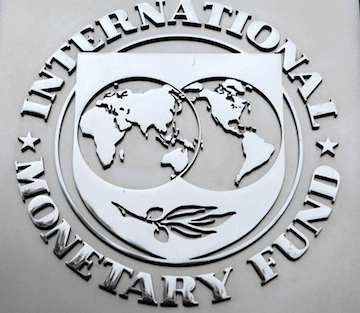
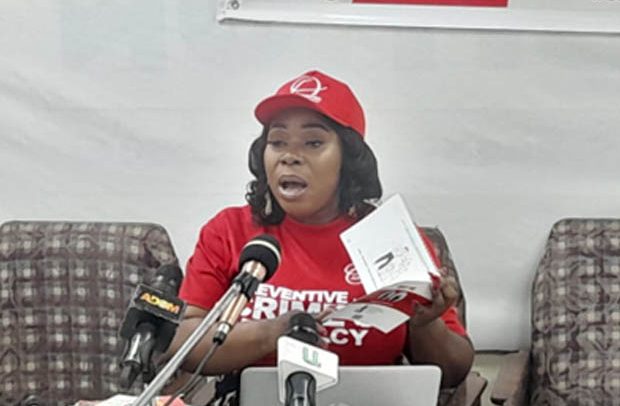


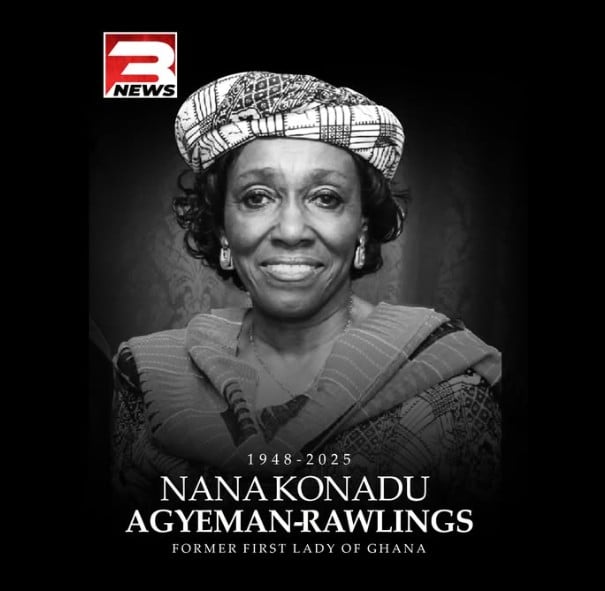
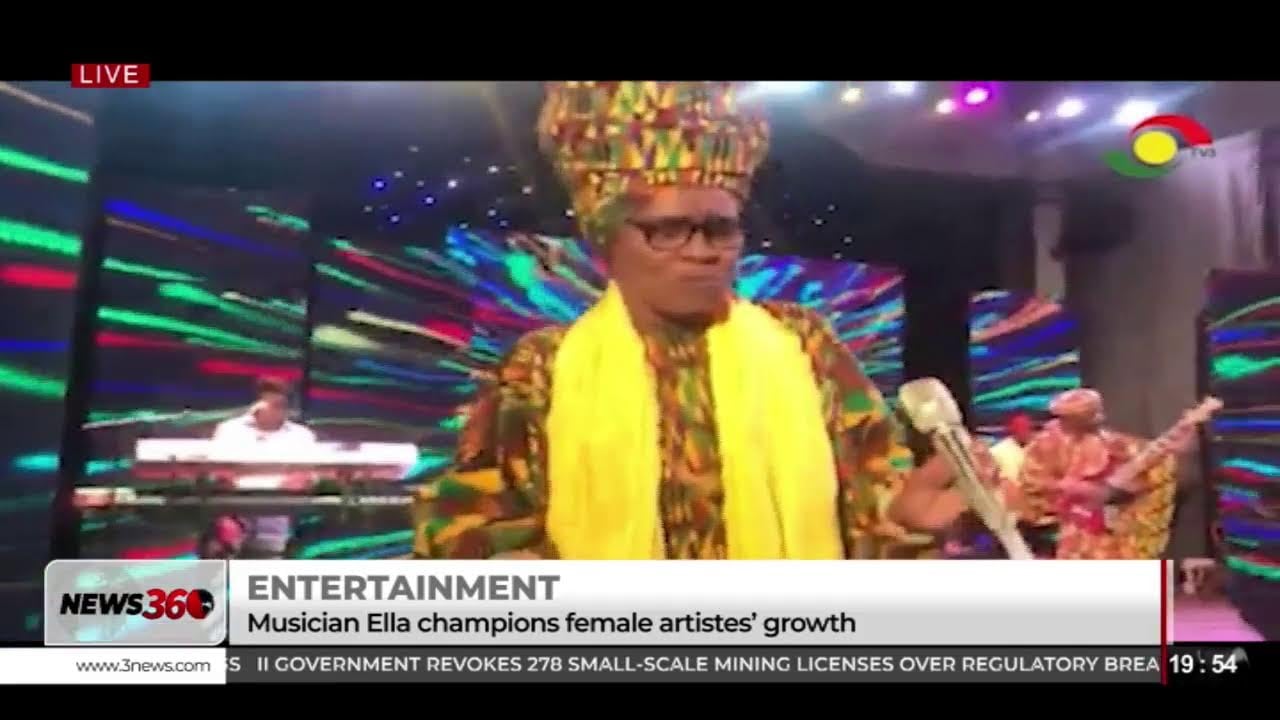
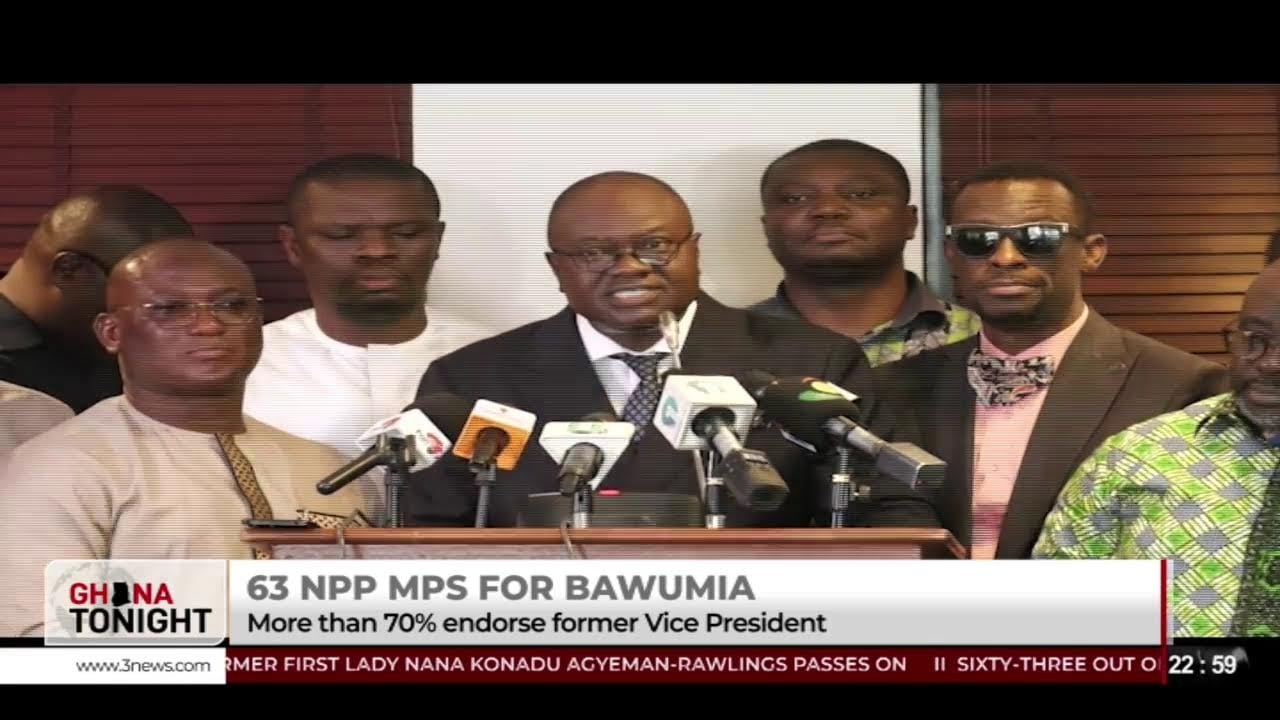
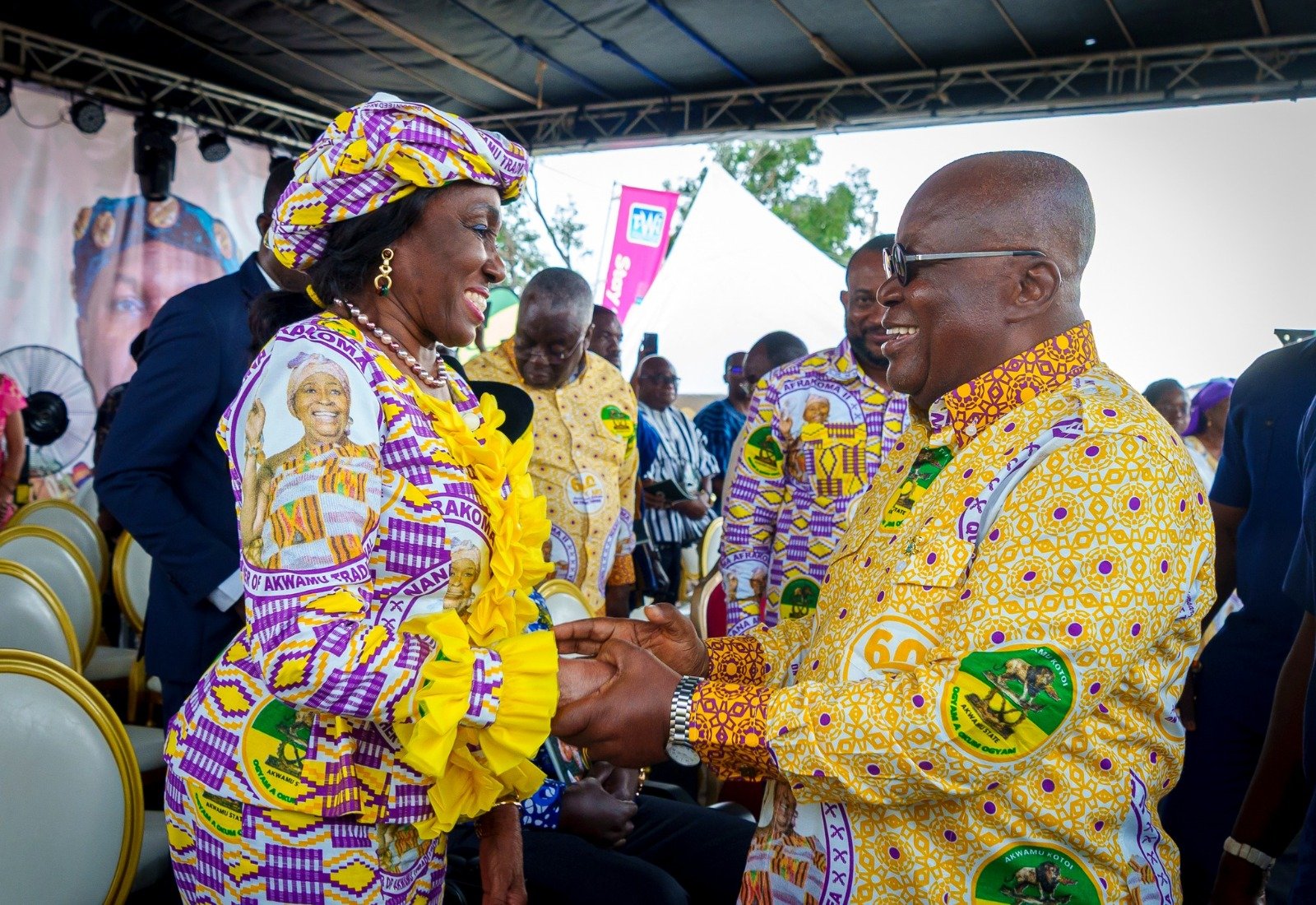
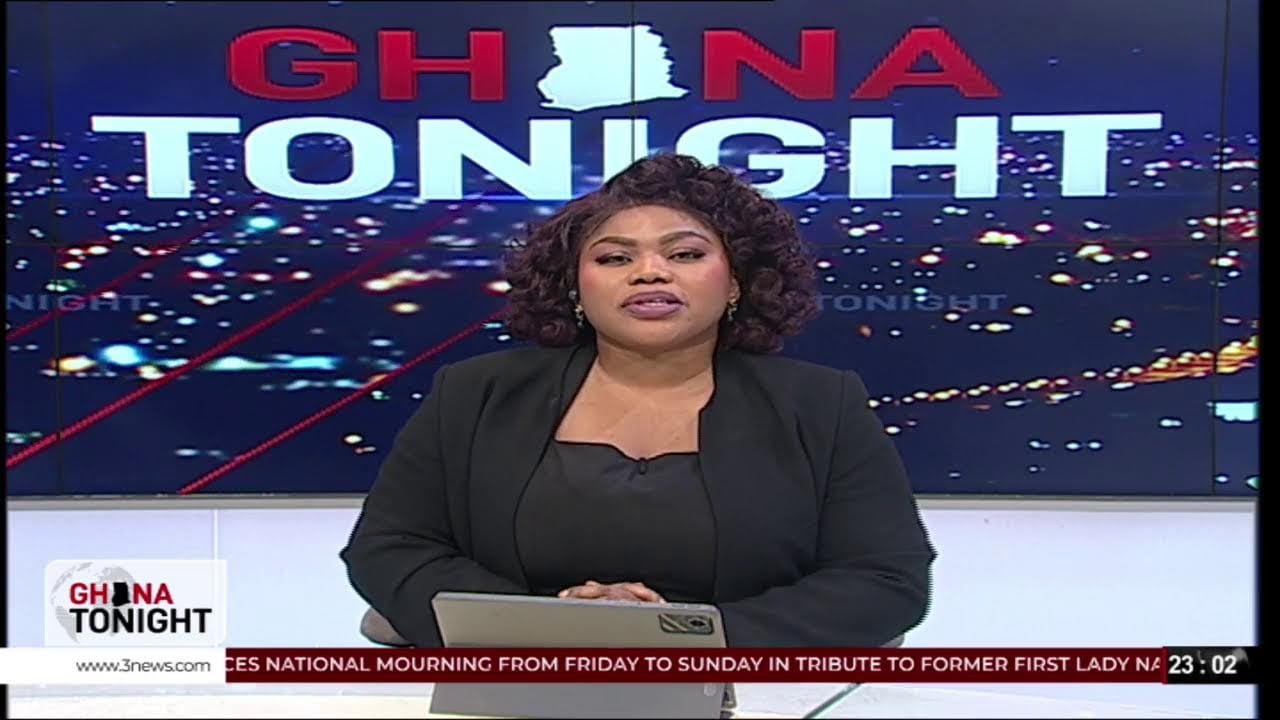

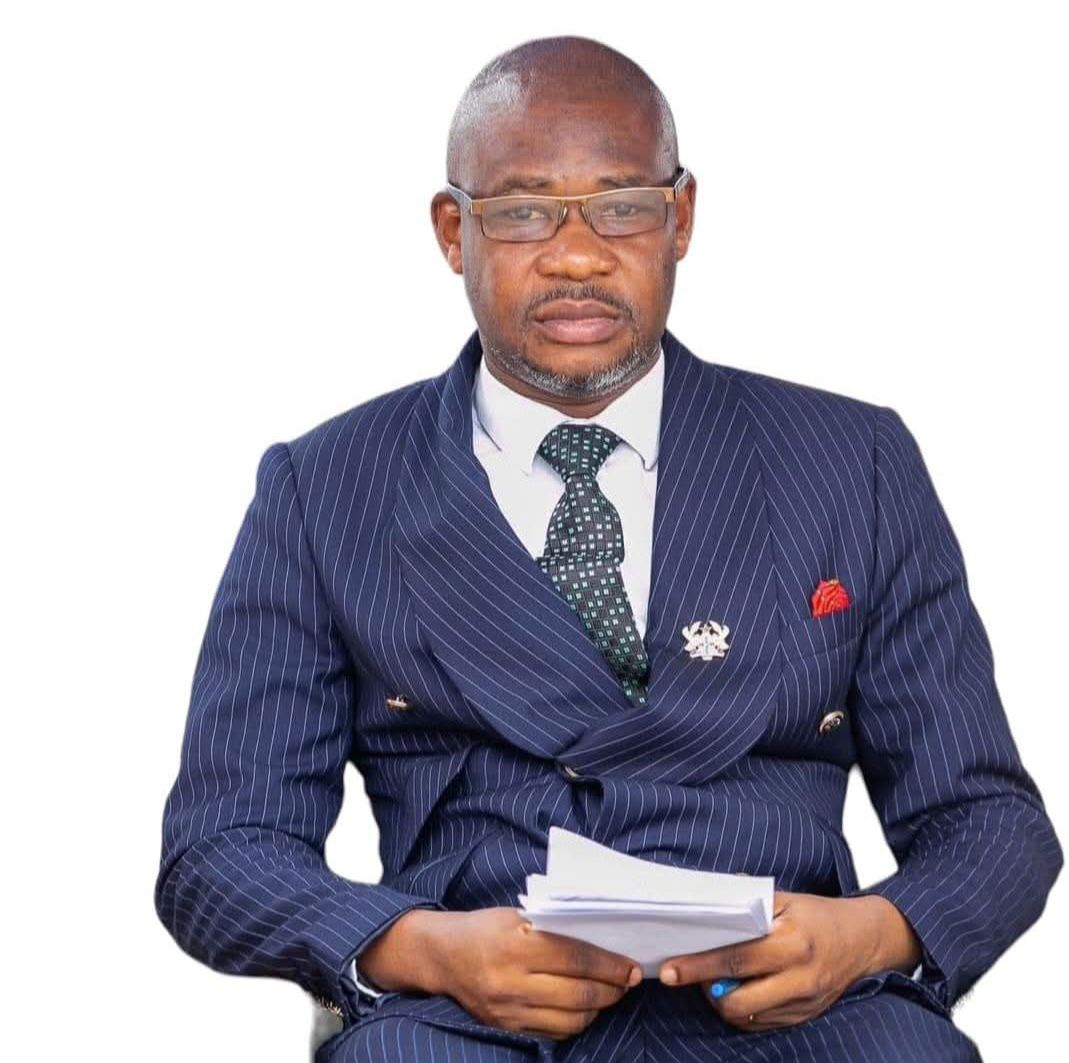
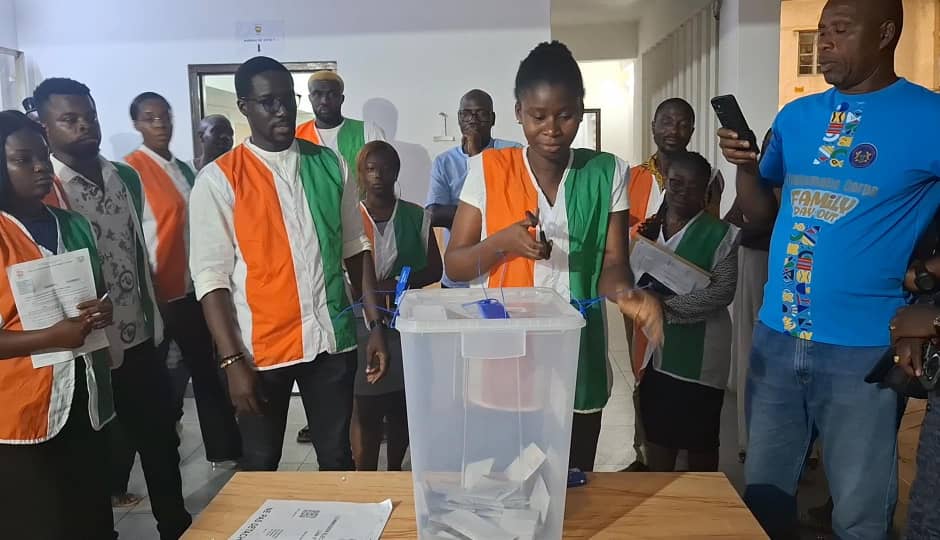

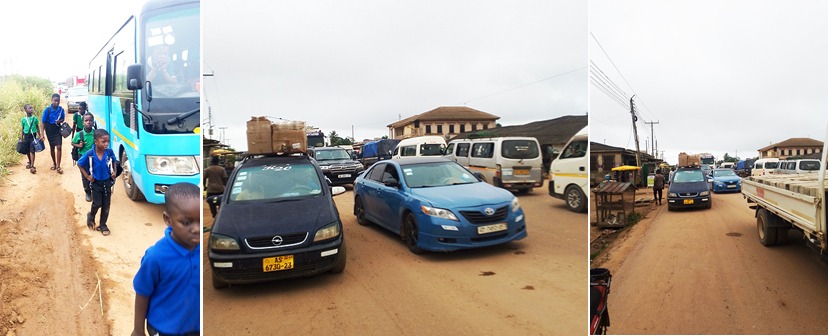
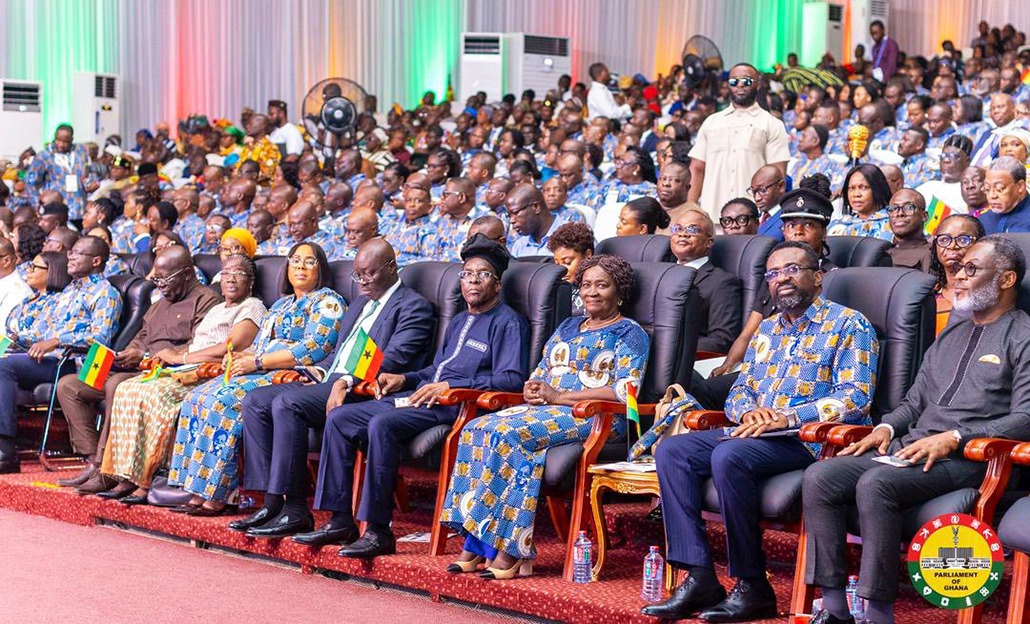

Facebook
Twitter
Pinterest
Instagram
Google+
YouTube
LinkedIn
RSS